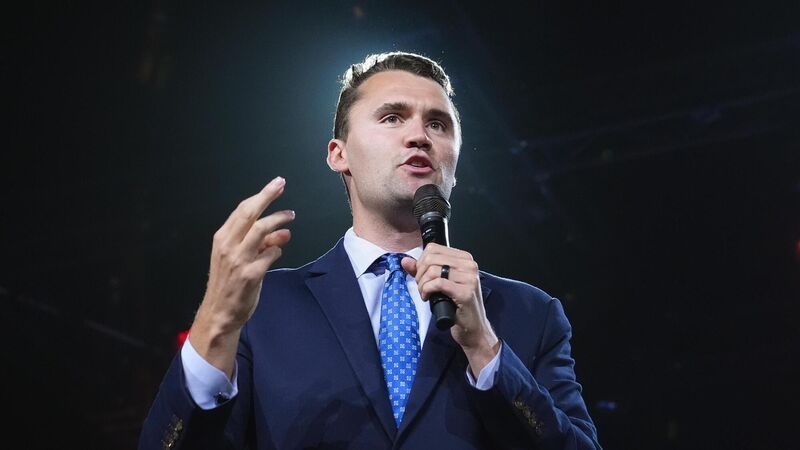Gareth O'Callaghan: From Charlie Kirk’s death to Simon Harris’s threats, politics is crossing a deadly line

Try from €1.50 / week
SUBSCRIBE
Charlie Kirk said last April that a few gun deaths every year were an acceptable cost for being able to own firearms. File picture: AP/Ross D Franklin
There's fine line between criticism and hatred. The intention behind it makes all the difference.
The sight of Charlie Kirk’s three-year-old daughter running towards him with her arms outstretched on the set of Fox News six weeks before his killing last Wednesday will stay with me.
Already a subscriber? Sign in
You have reached your article limit.
Annual €130 €80
Best value
Monthly €12€6 / month
Introductory offers for new customers. Annual billed once for first year. Renews at €130. Monthly initial discount (first 3 months) billed monthly, then €12 a month. Ts&Cs apply.
CONNECT WITH US TODAY
Be the first to know the latest news and updates
Newsletter
Sign up to the best reads of the week from irishexaminer.com selected just for you.

Select your favourite newsletters and get the best of Irish Examiner delivered to your inbox
Friday, February 13, 2026 - 10:00 PM
Friday, February 13, 2026 - 9:00 PM
Saturday, February 14, 2026 - 12:00 AM
© Examiner Echo Group Limited